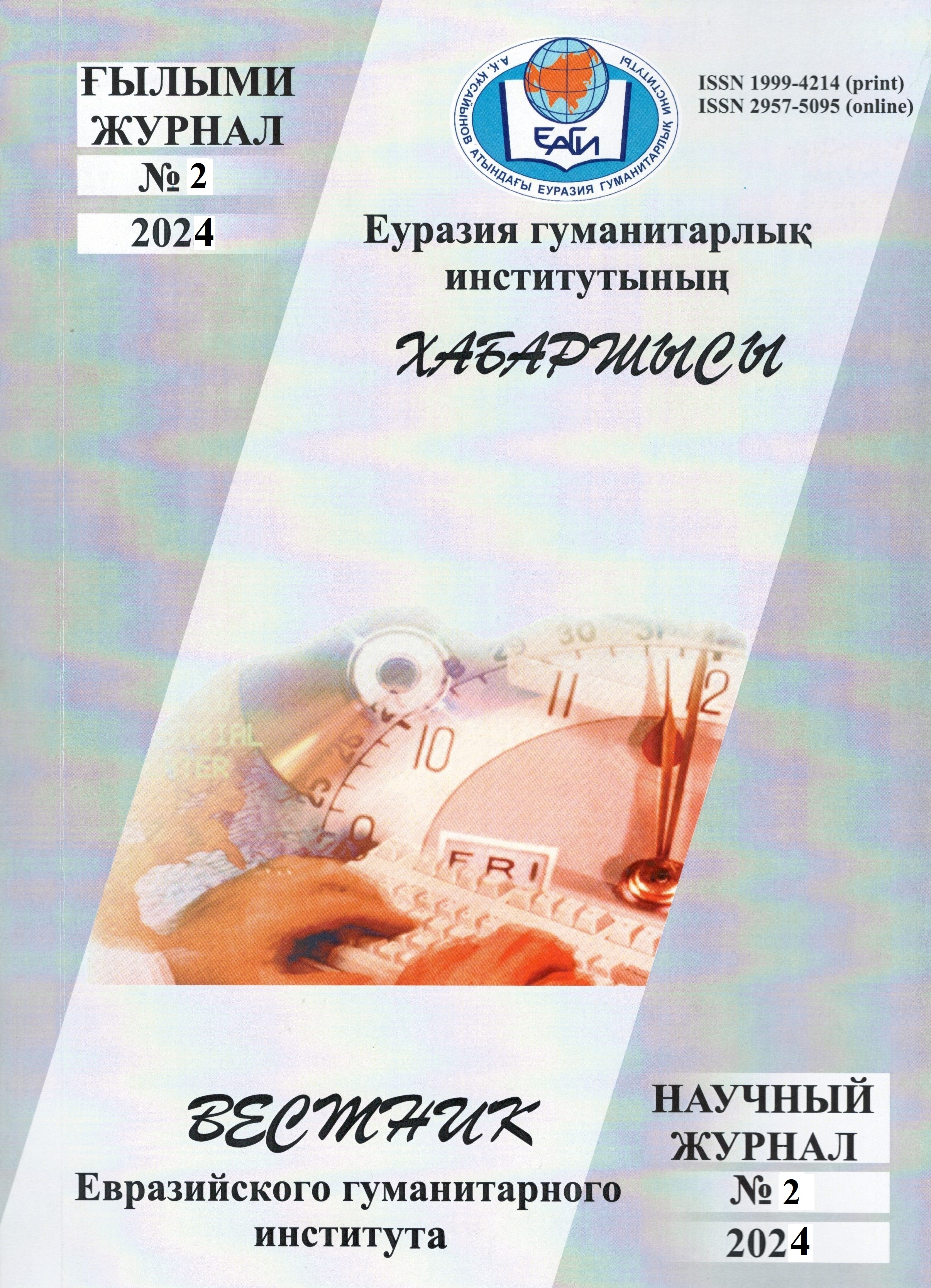LINGUISTIC FEATURES OF COMMUNICATION AND TEXTING IN SOCIAL NETWORKS
DOI:
https://doi.org/10.55808/1999-4214.2024-2.%25xKeywords:
social network; effective writing; language culture; jargon; slang; communication; language culture.Abstract
The article investigates the language characteristics of the social networking site Facebook. It delves into the language peculiarities of this social network, which makes considerable use of foreign vocabulary and jargon. Among these linguistic traits, the use of slang and jargon words is common. In addition, the paper examines the difficulties of combining two diverse language groups while building language models. Its key distinguishing feature is the lack of new words for foreign lexemes in Kazakh and Russian. Many of the terminology that internet users are familiar with are Americanisms. This study attempts to identify the linguistic characteristics of social networks, emphasizing the vocabulary of social media platforms like Instagram, Vkontakte, and Facebook. Furthermore, it delves into the linguistic nuances and specific terms used in the context of social interactions, message exchange, and the resolution of interpersonal goals. The pragmatics of language use in social interactions is closely tied to the communicative goals, intentions, and purposes of language users. The study suggests that the pragmatics of linguistic interactions have a significant impact on the outcome of various social activities, directing individuals towards specific actions during conversations. The choice of language is crucial for expressing oneself effectively. It is essential not only to fulfill the communicative function of language but also to align one’s internal goals and objectives with linguistic acts. The language of social networks plays a significant role in achieving various communicative goals, including catching the attention of the interlocutor, addressing the recipient, expressing emotions, sharing opinions, seeking feedback, and other purposes.
The article emphasizes the importance of linguistic competence in the choice of language. Communication functions in social networks, such as addressing the listener’s attention, establishing contact, and conversing, expressing emotions, seeking opinions, timely interruption, and achieving specified goals, rely on linguistic competence.


